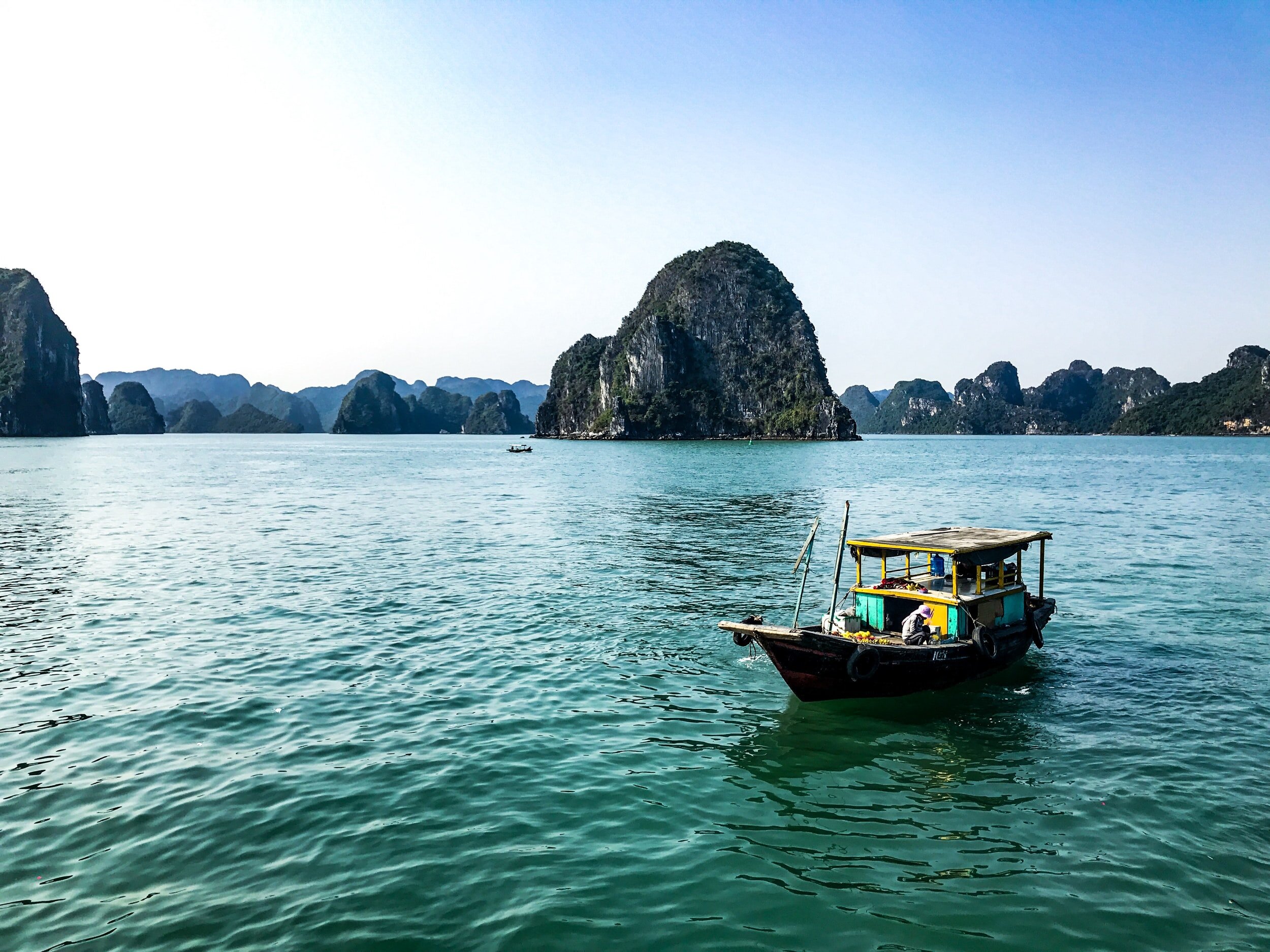
Britain goes to the Pacific | Dominic Lawson
In 2018, the UK became the second Western nation after the United States to train soldiers on Japanese soil. At present, Tokyo is forbidden from commanding a standing army with expeditionary potential as an US-sanctioned punishment for her previous empire building. This is coming to an end and is bound to change soon, especially as China continues her ascent.

Conservative cuts to Defence disaster: Go on home British Army | George Marsden
Apparently, the foreign secretary believes the best to way make good on this promise is to shrink the army to its smallest size since 1714. He would probably respond that the reason for the cuts is the opportunity it provides for a more appropriate prioritisation of resources; that the real way to combat the Russian menace is through a more advanced long-distance strike capability and a vamped up Royal Marines Corps, alongside an American style “Ranger Regiment” (there’s the dog and tail again).

Trident - is it a necessary expense? | Laura Sánchez Pérez
Even if there is a remote chance that we might need to retain a nuclear weapons capability, there is an option, which cuts the cost significantly, allows for the restoration of our three military services, and maintains the nuclear deterrent as a capability to be deployed if events ever require.

Re-shoring Industry: A National Security Priority | Dominic Lawson
In short, re-shoring industrial development will have innumerate benefits for this country. Of course, it will grant us a degree of strategic autonomy from a hostile superpower, but it would also affirm our societal structure and slow down the environmental impact from the trading of cheap goods on global sea and air-lanes.
This is entirely possible, indeed, we have seen a slow trickle of organisations considering or actively moving their manufacturing bases out of Chinese territory

Is Britain prepared for a major war? | Dominic Lawson
Pentagon researchers agree and have explicitly stated that the American-led world order is “fraying”… Being aware of the possibility of the world’s powers stumbling into war… the question needs to be asked whether we are prepared for such a conflict- and whether the government has a clear understanding of what our role would be within it.

British security in a heating world | Dominic Lawson
The global economic system relies upon an edifice of interconnected networks which are extremely fragile in the face of exogenous shocks, or ‘black swans.’ Any successful British security policy needs to take account of, and fully recognise, how dependent we have become on the various nodes within this greater system along with the dangers this represents. Serious, potentially severe challenges lay ahead for states in the coming decades and Britain’s shall be no exception.

How Britain could hold the key to the Caucasian impasse | Dan Mikhaylov
The Nagorno-Karabakh crisis is a complex geopolitical impasse, solving which necessitates strong willpower from Azerbaijan and Armenia as well as productive, rather than destabilising, inputs of the world’s powerful states… Britain itself may contribute to these peace-brokering initiatives, extrapolating the takeaways from the Good Friday Agreement to tackling this dispute. Thus, we shall strike the optimal balance between acting morally and pragmatically.

Eastern Europe in British Grand Strategy | Dominic Lawson
A strong and militarily integrated Eastern bloc within the wider NATO apparatus promises to be a capable partner for the British military. The Enhanced Forward Presence already plays a large role in the training of the armies of the region and could be expanded and integrated into the command structure. The grand goal would be a Europe which is buttressed by an integrated Eastern coalition on one end and an independent and militarily capable United Kingdom on the other, all with the support of distant Washington.

Russia is not the threat she appears | Dominic Lawson
Ironically, this obsession with a deft Russian hand reaching into the heart of Western democracies only adds to Putin’s mystique and his carefully constructed image of power. Putin is an effective ruler but he is encumbered by large-scale geopolitical forces which point to a process of gradual and unforgiving Russian demise. Much of Russia’s actions in recent years, whether it be the annexation of Crimea, tampering in Western democracies, or the obliteration of Aleppo, actually stem from a position of weakness- not strength.
